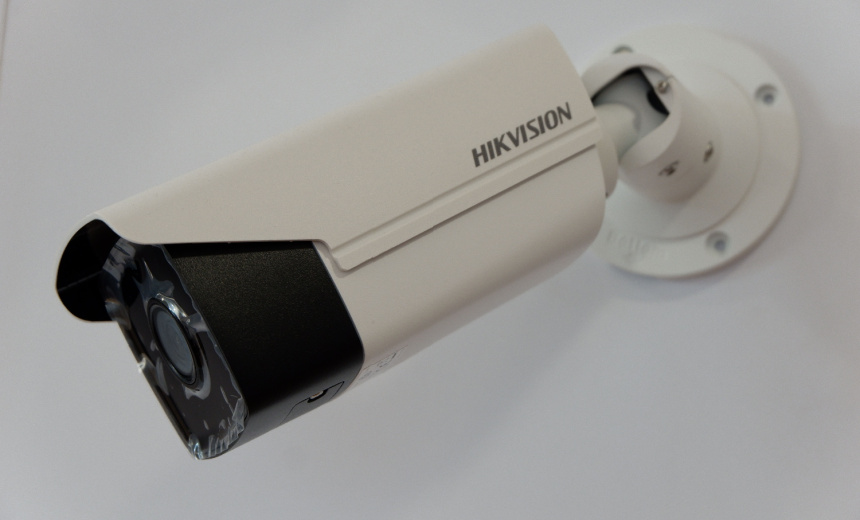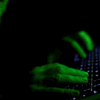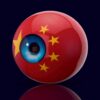
Cyberwarfare / Nation-State Attacks
,
Endpoint Security
,
Fraud Management & Cybercrime
Chinese Surveillance Firm Faces Canada National Security Ban
Prajeet Nair (@prajeetspeaks) •
June 29, 2025

Chinese video surveillance manufacturer Hikvision must close operations in Canada, a government official said Friday, citing national security concerns.
See Also: The Healthcare CISO’s Guide to Medical IoT Security
The ban is the latest in a string of Western prohibitions against equipment made by partially state-owned Hangzhou Hikvision Digital Technology.
Industry Minister Mélanie Joly said the ban resulted from a “multi-step review of information provided by Canada’s security and intelligence community.”
An order bars Hikvision from conducting business in Canada and prohibits government departments and agencies from purchasing its products. Existing deployments of Hikvision equipment across government properties are under review to ensure their eventual removal.
In an online statement, Hikvision decried the ban, accusing the Canadian government of not “evaluating our technology on its cybersecurity merits” and China bashing.
Hikvision is one of the world’s largest video surveillance equipment makers, earning roughly $13 billion in 2024, according to an April shareholder report. It is on a number of U.S. federal government blacklists. The Federal Communications Commission in November 2022 finalized a ban on future authorizations of its equipment in an order that also covered video surveillance equipment made by partially state-owned Zhejiang Dahua Technology. The order extends to cameras used for public safety and surveillance of assets connected to critical infrastructure. The Department of Commerce in 2019 put Hikivision on its “Entity List,” restricting U.S. exports to the company in a move that included a slew of Chinese tech companies. The federal government said the firms were implicated in a campaign of repression perpetuated by Beijing against members of predominately Muslim Uighur and Kazakh ethnicities in the Chinese northwest Xinjiang region.
Chinese-made technology faces international suspicion over ties to Beijing cyber espionage and sabotage operations, concerns that intensified after the 2017 passage of China’s National Intelligence Law, which compels organizations to assist in intelligence efforts – although some analysts say the statute didn’t create new obligations for Chinese individuals or businesses.
The United Kingdom in 2022 halted government procurement of equipment “produced by companies subject to the National Intelligence Law of the People’s Republic of China” and in 2024 said it was on track to rip and replace all Chinese company cameras located in “sensitive” sites by spring 2025.
Australia’s Department of Defense announced a similar effort in 2023.
In response to international pressure, Hikvision said in December 2024 that it terminated contracts with local Xinjiang governments, reported Reuters.
In its statement reacting to the Canada ban, the company said it “fully cooperated with all government parties” and that it complies “with all applicable Canadian laws and regulations.”
Hikvision earlier this year won a minor victory in a lawsuit to overturn the FCC ban heard by a U.S. federal appeals court. The company, along with Dahua, argued that the FCC’s order banning their cameras’ use for surveillance of assets “connected to” critical infrastructure amounted to an almost complete expulsion from the American economy. A three judge panel agreed that the order was overbroad. It upheld the FCC’s authority to ban Chinese-made devices, but directed the FCC to reduce the order’s scope only to equipment directly used to surveil physical critical infrastructure.




